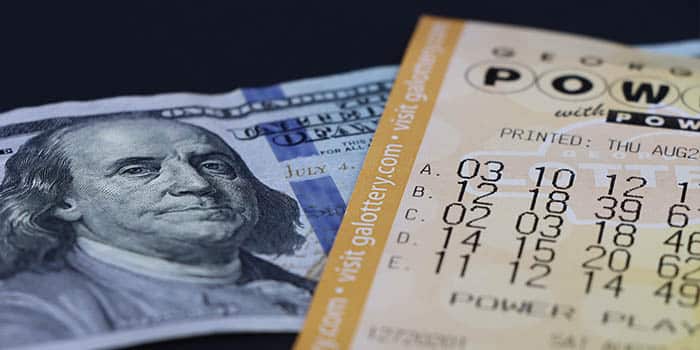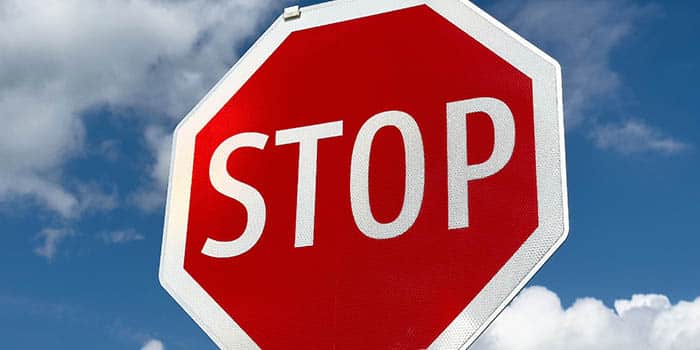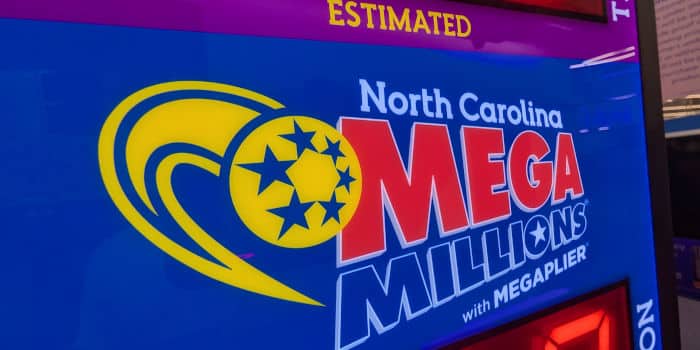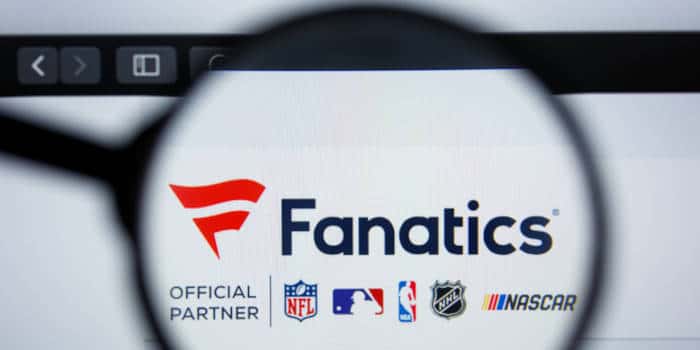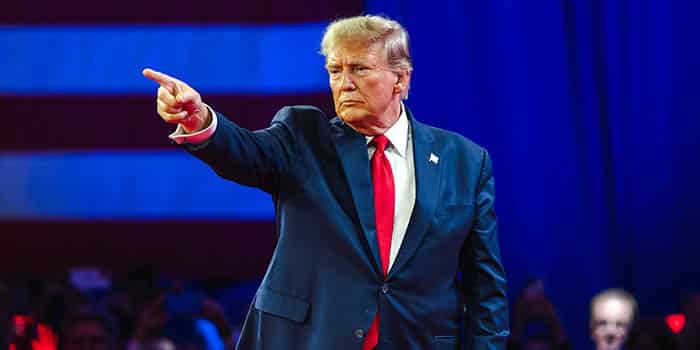Fact-checked by Angel Hristov
AGA Applauds Trump’s Tax Bill Despite Uproar from Gamblers
While many gamblers and industry experts were concerned that the new legislation could impact the regulated market, the AGA was fully onboard with the changes

The American Gaming Association (AGA) has faced fierce criticism from the broader gambling community after it publicly supported President Donald Trump’s controversial tax legislation, the One Big Beautiful Bill Act (OBBBA). The newly enacted law contains a provision that limits the deductibility of gaming losses, a change that means many bettors could face tax obligations even after a net loss.
Players Were Not on Board with the Tax Changes
In a message on X (formerly Twitter), the AGA hailed the bill as a win for economic competitiveness, praising its potential to help sustain quality jobs and deliver financial benefits. The organization noted it would closely collaborate with Congress to address the changes and further monetize the tax code. However, the AGA did not address the rising concerns surrounding the contentious provision.
Our industry’s ability to sustain quality jobs and deliver economic benefits is significantly enhanced by the tax policies of the OBBBA that support consumers, encourage business innovation and investment, and strengthen competitiveness.
AGA statement
Despite the AGA’s optimism, the broader gambling community remains highly apprehensive. The controversial provision limits gambling loss deductions to 90%, meaning that even if a gambler comes out even, winning and losing equal sums, they would still owe taxes on the “phantom” 10% the IRS won’t recognize as deductible.
For high-volume players, the change marks an existential threat to their gambling careers, effectively penalizing individuals the more they wager. Professional gamblers argue that this shift would mean that they would have to pay taxes on money they never actually keep. Such a move could push many players to instead engage with black market offerings, costing operators some of their most active bettors and eroding the regulated sector.
The Legislation Could Lead to Long-Term Problems
Ironically, the tax change could indirectly benefit gambling companies despite the outflow of professional bettors. With fewer advantage players, the customer base will be increasingly comprised of casual gamblers who lose more frequently. While such a shift could be beneficial to the bottom line of gambling operators, it could disrupt the delicate status quo that underpins the gaming industry.
Nevada Congresswoman Dina Titus, a longtime supporter of the state’s casino sector, lambasted the AGA for its failure to push back on a patently damaging bill. She noted that tourists could face taxes on money they never actually won, souring their experience and causing casinos long-term reputational damage. Titus also criticized Republican lawmakers for inserting the provision into a sprawling bill already stacked with cuts to social programs.
Some industry observers note that the AGA’s position may be more strategic than ideological. The second Trump administration has signaled a willingness to crack down on any show of dissent, so the organization may have decided to play along to avoid being shut out. However, it is unclear whether the AGA will push for an amendment to the controversial provision. Even if it does, players will continue to pay the price in the meantime.
Deyan is an experienced writer, analyst, and seeker of forbidden lore. He has approximate knowledge about many things, which he is always willing to apply when researching and preparing his articles. With a degree in Copy-editing and Proofreading, Deyan is able to ensure that his work writing for Gambling News is always up to scratch.
